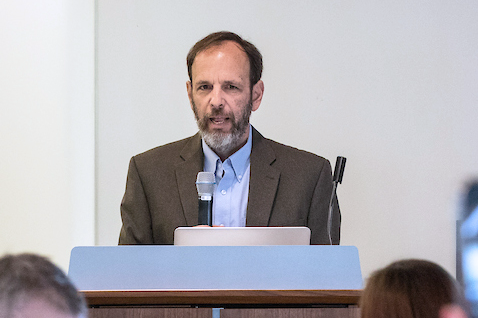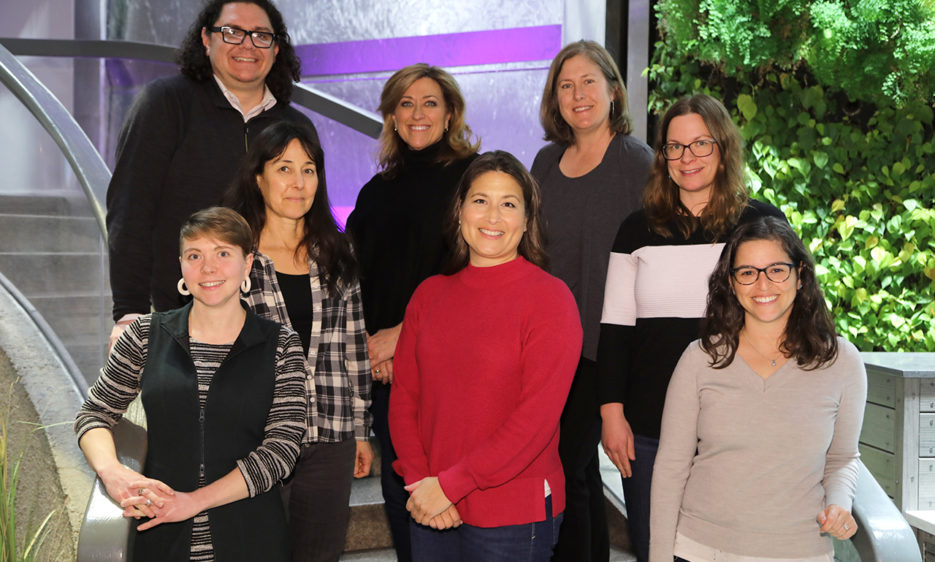CSPO News Announcements
-

Highlighting public voices in CDR decision making
The If, the How and the Whether of Carbon Dioxide Removal Technologies
CSPO; the Museum of Science, Boston; the University of Calgary; and other ECAST project partners join forces with diverse experts and everyday citizens to inform decision making on carbon dioxide removal technology.
-

A Prehistory of Social Media
The grassroots origins of the social internet
Kevin Driscoll’s essay in Issues in Science & Technology tells the story of early online communities and reveals the social and technical origins of today’s social media. The history offers insights on how we might build healthier online communities that are more just, equitable, and inclusive.
-

Science, Values, and Democracy
Announcing the newest title in the Rightful Place of Science book series.
In an urgent new book, philosopher of science Heather Douglas argues that science requires social and ethical values for both the direction of research and for sound scientific inference.
-

Reinvigorating the Scientific Enterprise
Envisioning the Next 75 Years of Science Policy
How can we structure science policy and scientific research to meet human needs in a world of accelerating changes? Global leaders, early career researchers, policymakers, businesspeople and more consider the future of the scientific enterprise and how it could be changed to create a healthier, more equitable, and secure society in an essay collection in Issues in Science & Technology.
-

He Told Us There’d Be Days Like These
Dan Sarewitz Retires
In 1999, Dan Sarewitz helped found the Consortium for Science, Policy, and Outcomes (CSPO). Over the past two decades, Dan and CSPO have worked to improve the interactions of science, technology, and society, advocating for science and science policy that is created by and benefits everyone. Dan’s leadership as co-director of CSPO and editor of Issues in Science and Technology will be missed.
-

Who should have a say on editing DNA?
ASU Consortium for Science, Policy and Outcomes joins global efforts to bring public values for anticipatory governance of gene editing technologies
CSPO is working on a series of three closely connected projects to assist with global citizen deliberations on gene editing. These efforts reinforce a call from 25 leading researchers from around the world for the creation of national and global “citizens’ assemblies,” made up of lay-people, tasked with considering the societal implications of this emerging science.
-

Public Value Science
In an increasingly unequal society, America’s science policies are a regressive force. They need to be refocused on creating benefits for all people.
In an economic environment characterized by growth but also by extreme inequality, science and technology not only reinforce inequality but also, in some instances, help widen the gap. Science and technology can be a regressive factor in the economy.
-

Introducing the 2020 Public Interest Technology Community Innovation Fellows
Five teams from across the national joined the initial cohort of fellows.
Fellows will learn how to collaborate with local partners to co-create public forums and engage the public on science and technology issues that matter to their local communities.
-

Winter 2020 Issues in Science and Technology
Authors in the latest issue reimagine science institutions, discover the hidden influence of academic publishers, warn against the claims of precision medicine, and much more.
A reassessment of the landmark policy report Science, the Endless Frontier finds that the time has come for a fresh look at how the United States invests in scientific research.